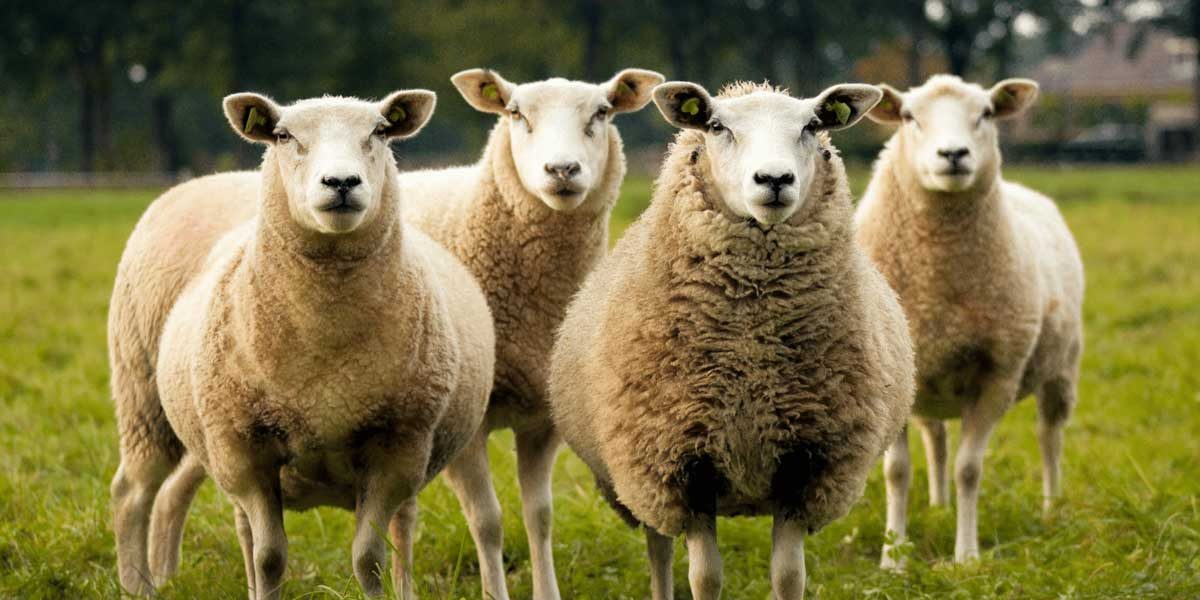Animal cloning, a scientific process that involves creating genetically identical copies of an existing animal, has long been a subject of ethical debate. While proponents argue that cloning offers potential benefits in areas such as agriculture, medicine, and conservation, critics raise concerns about animal welfare, genetic diversity, and the moral implications of manipulating life. In this article, we explore the ethical considerations surrounding animal cloning, examining both its promises and pitfalls.
The Science Behind Animal Cloning
Animal cloning typically involves somatic cell nuclear transfer (SCNT), a process in which the nucleus of a somatic cell is transferred into an enucleated egg cell, resulting in the creation of an embryo that is genetically identical to the donor animal. This technique has been successfully used to clone various species, including sheep, cattle, dogs, and even endangered species like the banteng and the gaur.
Potential Benefits of Animal Cloning
Proponents of animal cloning cite several potential benefits, particularly in the fields of agriculture and medicine. In agriculture, cloning can be used to reproduce high-quality livestock with desirable traits, such as disease resistance or superior milk production. This could lead to increased food security, improved animal welfare, and higher agricultural yields. In medicine, cloning holds promise for producing genetically identical animals for use in research and drug testing, as well as for creating transgenic animals with modified genomes for studying human diseases and developing therapies.
Ethical Concerns and Criticisms
Despite its potential benefits, animal cloning is fraught with ethical concerns. One of the primary objections is the welfare of cloned animals, many of which suffer from health issues and abnormalities, such as increased rates of stillbirths, birth defects, and premature aging. Critics argue that the cloning process is inherently stressful and unnatural for animals, raising questions about their quality of life and well-being.
Furthermore, there are concerns about the impact of cloning on genetic diversity and the long-term viability of populations. Cloning reduces genetic variation, making populations more susceptible to diseases and environmental changes. This loss of diversity can have far-reaching consequences for ecosystems and conservation efforts, particularly for endangered species.
Regulatory Framework and Oversight
In response to these ethical concerns, many countries have implemented regulations and guidelines governing animal cloning and research. These regulations aim to ensure the welfare of cloned animals, minimize harm, and promote responsible scientific practices. Organizations such as the Food and Drug Administration (FDA) in the United States and the European Food Safety Authority (EFSA) in Europe provide oversight and evaluation of cloning technologies, including assessments of their safety and ethical implications.
Conclusion
In conclusion, the ethical considerations surrounding animal cloning are complex and multifaceted. While cloning offers potential benefits in agriculture, medicine, and conservation, it also raises significant concerns about animal welfare, genetic diversity, and the moral implications of manipulating life. As technology continues to advance, it is imperative that we carefully weigh the ethical implications of animal cloning and ensure that scientific research is conducted responsibly and ethically. Only through thoughtful deliberation and informed decision-making can we navigate the ethical complexities of cloning and its impact on animals and society.
















